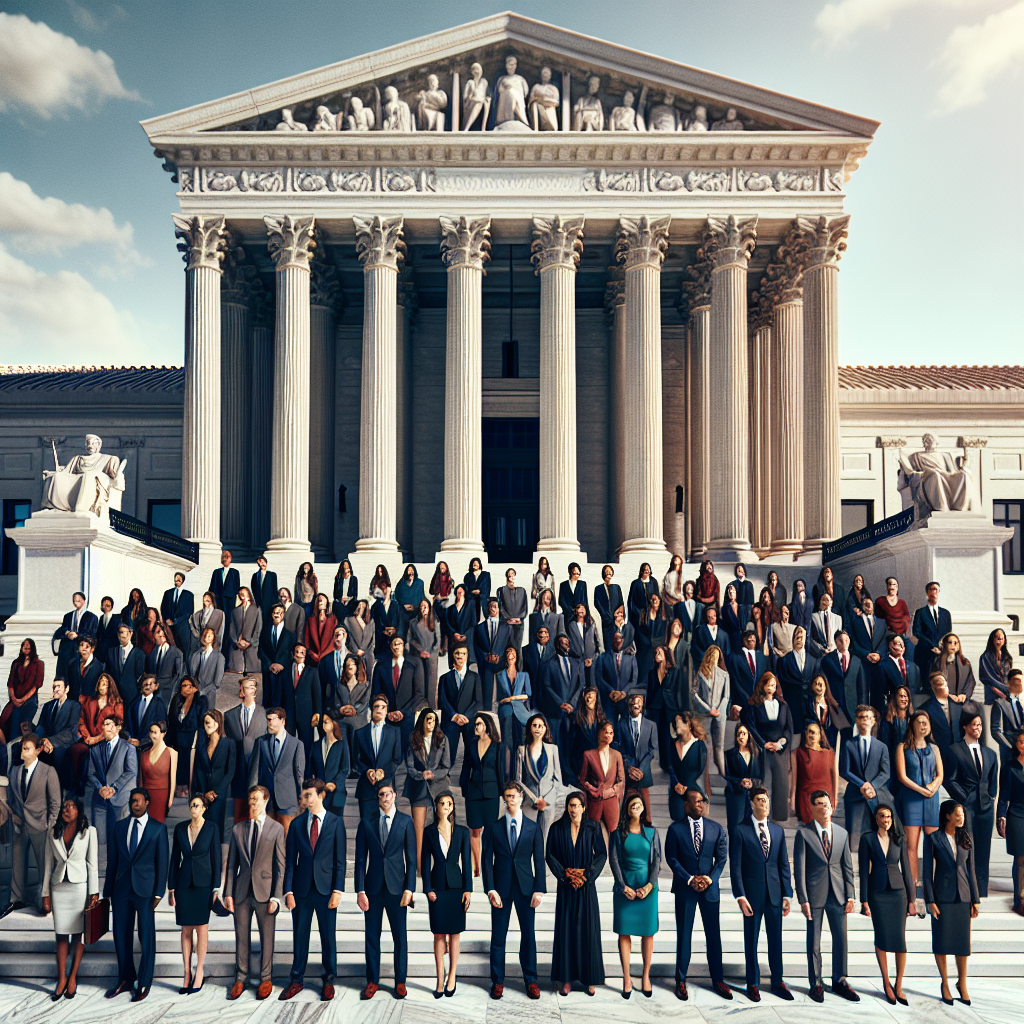Understanding Attisso Akarpo v. Ryder: What You Need to Know
If you’ve ever come across the term Attisso Akarpo v. Ryder, you might be wondering what it’s all about.
Well, you’re not alone.
Many people have asked questions about this case, and for good reason.
It taps into some interesting legal dynamics that can make a big difference in various fields.
What does Attisso Akarpo v. Ryder mean for you?
Whether you’re involved in legal disputes or simply curious about the broader implications, this case might offer some insights.
The Story Behind Attisso Akarpo v. Ryder
First, let’s dive into the story.
Attisso Akarpo v. Ryder revolves around a legal conflict that sheds light on the balance between individual rights and corporate policies.
The case began when Attisso Akarpo, an individual, challenged Ryder, a company with established processes.
What makes this case unique is how it touches on personal experiences with companies that sometimes don’t treat people the way they should.
This isn’t just some legal mumbo-jumbo.
The real takeaway from Attisso Akarpo v. Ryder is how an individual can stand up against a corporate giant.
We’ve all heard stories about David vs. Goliath battles, and this is a modern version of that.
Why Attisso Akarpo v. Ryder Matters
You might ask, “Why should I care about Attisso Akarpo v. Ryder?”
Great question.
It matters because it highlights how even the little guys can take on bigger institutions when something doesn’t feel right.
This case sets a precedent for future disputes where companies might push too far or neglect individual concerns.
Think of it as a reminder that the system can work in your favor when needed.
People involved in similar conflicts—whether with large corporations, service providers, or employers—can learn a lot from Attisso Akarpo v. Ryder.

Key Takeaways from the Case
Here’s a breakdown of the main lessons you can take from Attisso Akarpo v. Ryder:
- Don’t underestimate your rights: Even if you’re up against a larger entity, the law might be on your side.
- Document everything: If you’re facing a similar issue, keeping records can make or break your case.
- Seek proper advice: In cases like these, legal advice is crucial. Knowing your options early on can save a lot of headaches.
- Stay persistent: Attisso Akarpo didn’t back down when things got tough. Sometimes persistence is key.
Could You Be in a Similar Situation?
It’s worth considering whether Attisso Akarpo v. Ryder resonates with your own experiences.
Have you ever felt like a company wasn’t treating you fairly?
Have you been ignored when you’ve raised concerns?
These types of problems aren’t rare, and this case shows that standing your ground can lead to change.
If you’ve been in a similar situation, it’s important to understand your legal rights.
Just like in Attisso Akarpo v. Ryder, pushing back might seem overwhelming at first.
But it can also pay off in the long run, especially if you’ve got the facts on your side.
FAQs About Attisso Akarpo v. Ryder
1. What’s the main issue in Attisso Akarpo v. Ryder?
At its core, this case is about a dispute between an individual and a corporation.
It shows how personal rights can sometimes be at odds with corporate policies.
2. What can we learn from this case?
Attisso Akarpo v. Ryder teaches us that individuals can take on larger entities.
It also shows the importance of staying persistent and understanding your legal options.
3. Could this happen to anyone?
Yes, this kind of conflict isn’t uncommon.
Anyone who feels they’ve been mistreated by a company or service provider could find themselves in a similar position.
4. What steps should I take if I’m in a similar situation?
- Start by documenting everything.
- Look for advice from a legal expert.
- Understand your rights and don’t hesitate to take action if needed.
Lessons for Companies from Attisso Akarpo v. Ryder
On the flip side, Attisso Akarpo v. Ryder also serves as a warning to companies.
It reminds them to treat individuals fairly and not to overlook customer concerns.
Corporate giants like Ryder have a responsibility to ensure that their policies don’t infringe on personal rights.
This case shows that companies must strike a balance between protecting their interests and respecting their customers.
If they don’t, they might find themselves in situations like this.

How This Affects Future Cases
The decision in Attisso Akarpo v. Ryder could have ripple effects on similar legal disputes in the future.
It sets a precedent for individuals to stand up against corporate practices that might seem unfair or overreaching.
This case gives hope to people who might feel powerless when facing big companies.
Wrapping Up: What’s Next After Attisso Akarpo v. Ryder?
So, what does Attisso Akarpo v. Ryder mean for you today?
It’s more than just a legal case.
It’s a reminder that even when the odds seem stacked against you, there’s always a path forward.
It’s also a call to action for companies to reconsider how they handle individual complaints.
This case shows that no one should be underestimated when it comes to standing up for their rights.
If you’re facing a similar challenge, remember the key lesson from Attisso Akarpo v. Ryder:
Your voice matters, and persistence can pay off.
In the end, whether you’re an individual or a company, the balance between rights and policies is something everyone should care about.
4o














Post Comment